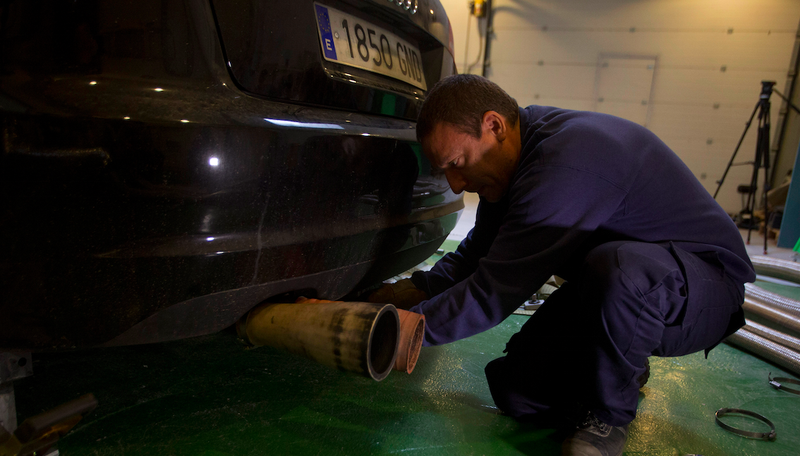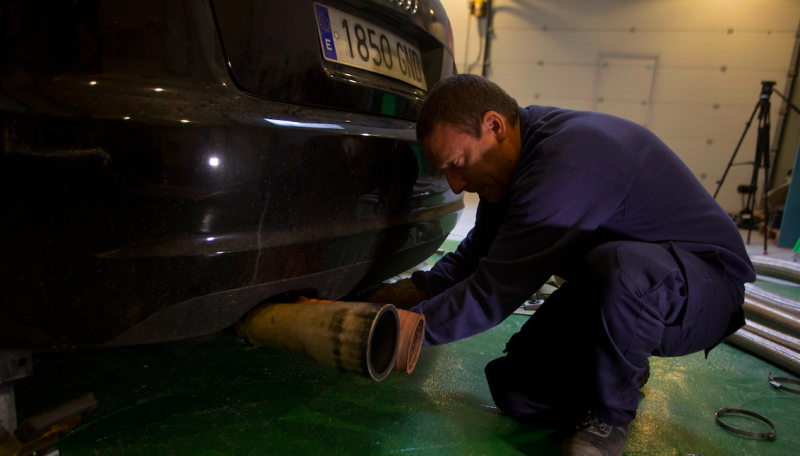
Yesterday we reported on a 630,000-vehicle recall in Germany after testing revealed that automakers were taking advantage of a “legal loophole.” Now we have a little more information on that loophole, as a new Reutersreport says that the loophole has to do with preventing rust in the catalysts.
German authorities conducted emissions testing on 53 diesel vehicles, finding that many Mercedes, VW, Porsche, Audi and Opel cars produced excessive pollution. But Reuters reports that not all of these cars were, strictly speaking, illegal, thanks to a “thermal window” loophole in existing laws.
KBA’s study found that only VW Group products incorporated an emissions “defeat-device” software code that altered emissions strategies when it sensed the vehicle was being tested. But that doesn’t mean Mercedes and Opel didn’t partake in a little trickery, as Reuters reports:
Advertisement
While no manufacturer other than VW had used cheating software to recognise when a car is being put through emissions testing, it found carmakers were making liberal use of something they call a “thermal window.”
That “thermal window,” Reuters explains, allows automakers to to dial back emissions control systems to prevent condensation buildup in the catalytic converter during low ambient temperatures. This ultimately prevents rust buildup and premature catalyst failure.
The KBA’s investigation revealed that automakers were stretching that window to “include a very wide range of outside temperatures,” and that one automaker actually dialed back emissions treatment all the way up to an outside temperature of 64.4 degrees Fahrenheit.
Sponsored
Reuters’ source close to the investigation said that the recall is meant to push the automakers to revise their software to “narrow down the use of the thermal window,” though there’s no mention of how this might affect diesel oxidation catalyst longevity or vehicle fuel economy.
Regardless, this recall is just one step in the long path towards getting real-world diesel emissions and fuel economy in line with the numbers federal regulators are seeing in their labs. And that’s a good thing, because “real world” numbers are the ones that matter.















